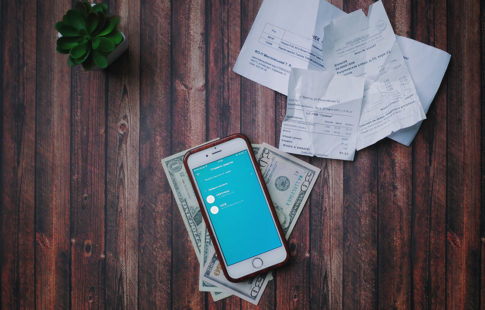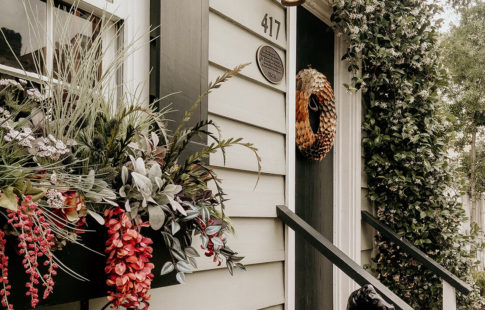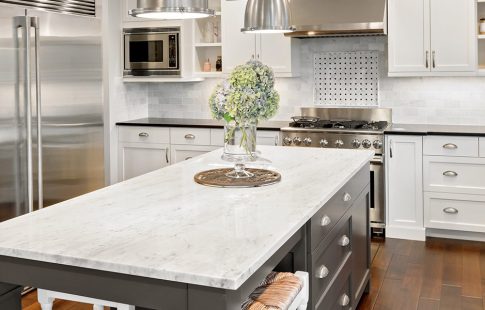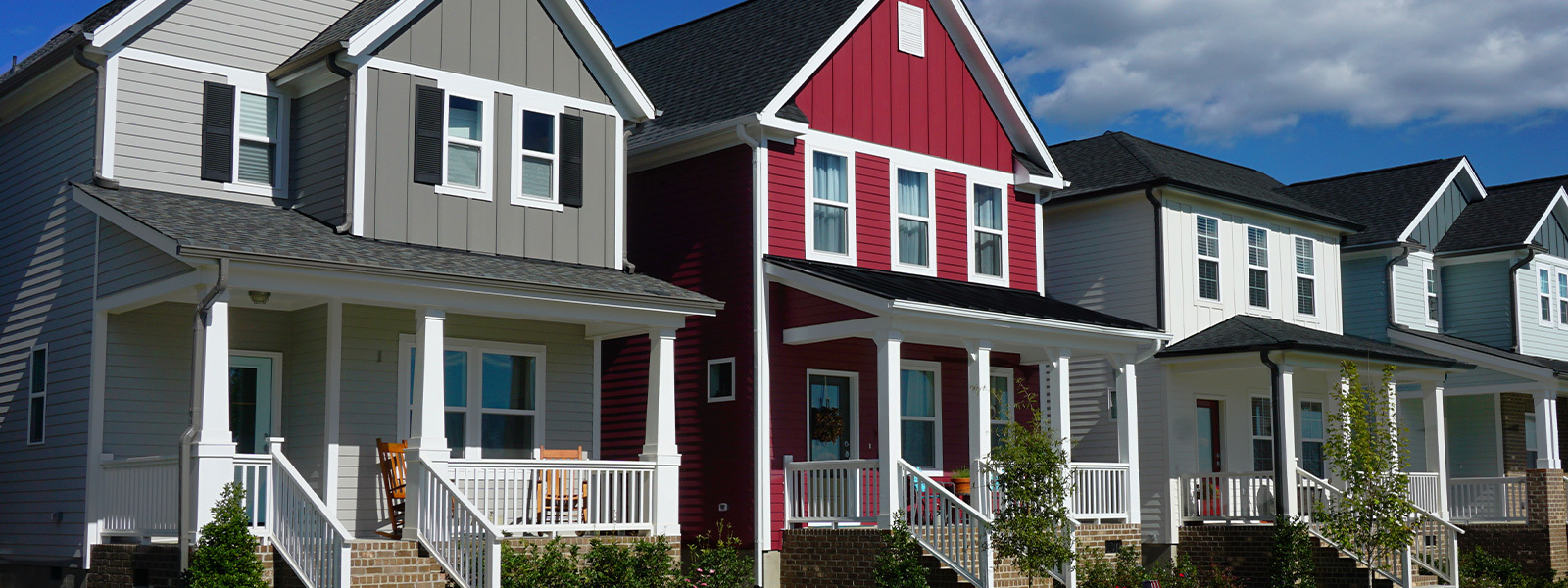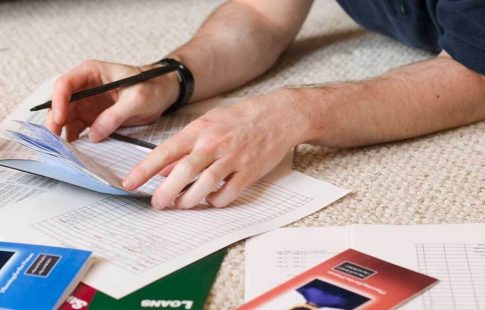Estimated reading time: 4 minutes
How much cash you’ll need to buy a house will depend on factors such as the price of your home, your financing options, or even what negotiations you make with the seller. Here are common expenses that may factor in.
Down payment
Down payments are usually what comes to mind when homebuyers think of how much cash they need to buy a home. While 20% is traditionally thought of as the standard, there are different types of loans that can offer down payments as low 3.5%—such as FHA loans.
If a low down payment is what you’re looking for, you’ll probably need to pay private mortgage insurance (PMI) if your down payment is less than 20%. This will add to your monthly mortgage payment and there may be an upfront cost to pay as well. There may also be down payment assistance programs for qualified home buyers. Find down payment assistance programs in your state from the U.S. Department of Housing and Urban Development (HUD).
When your down payment is established, it’s important that you have proof of where your funds came from. Plan on providing 2–3 months of bank statements as part of applying for your mortgage. If you receive your down payment funds as a gift, you will need a letter from the donor explaining their relationship to you, the amount gifted, the date of transfer, and a statement explaining that they do not expect repayment.
Closing costs
Closing costs refer to the additional expenses charged by your mortgage lender and third-party service providers to close on a home. These can include a variety of expenses such as loan origination and appraisal fees and title insurance. Overall closing costs vary, but these can add between 0%–5% of the cost of your loan depending on how it’s structured.
No-closing-cost loans are also available, but bear in mind that depending on the loan type, there may be ways your lender compensates, like charging a higher interest rate. A Mortgage Professional can help you decide what’s best for your needs.
For a more accurate estimate of what your closing costs might come out to, you can use a closing cost calculator, such as the one from Freddie Mac, that can give you a cost estimation based on the home price, down payment, and mortgage interest rate.
Property taxes and insurance
Property taxes and homeowners insurance can all contribute to how much cash is needed upfront to buy a home. Often, mortgage lenders require you to put deposits toward these expenses in an escrow account so the lender can pay them on your behalf later.
Cash reserves
Many lenders require you to have a cash reserve, or cash on hand, to avoid an early-term default on your loan. They will want to see at least a couple months of payments in reserve. Checking and savings accounts are common cash reserve options but lenders will also accept other liquid assets such as money market funds, stocks, and certificates of deposit.
Moving costs
Non-mortgage-related costs also factor into how much cash you’ll need to buy a house, like moving costs, utility deposits, and new furniture. Moving expenses—from buying boxes, tape, packing material, and other moving equipment to renting trucks/trailers—can add up quickly. According to moving.com, the average “long distance move” of 1,000 miles can cost almost $5,000.
One way to reduce them is to take advantage of free offers and moving incentives, from free supplies to discounted movers.
All told, there are a few variables that will determine how much cash is needed to buy a house. Be sure to plan ahead for closing costs, escrow expenses, cash reserves, and any other expenses you may incur.
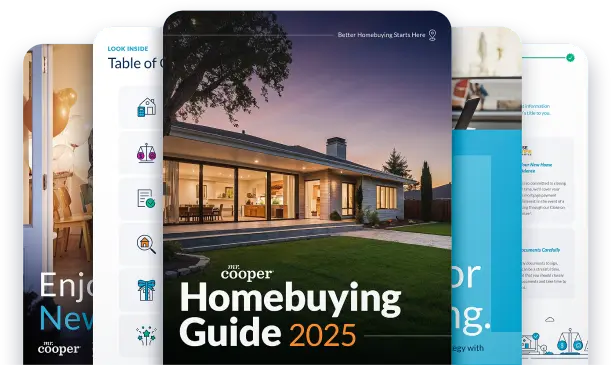
Explore Our 2025 Homebuying Guide
Tradenames and trademarks used in this blog post are the property of their respective owners. Nationstar Mortgage LLC d/b/a Mr. Cooper is not affiliated, associated, or sponsored by any of these owners. Use of these names and trademarks is not intended to and does not imply endorsement, but is for identification purposes only. Information provided does not necessarily represent the views of Mr. Cooper. Information is subject to change without notice.

